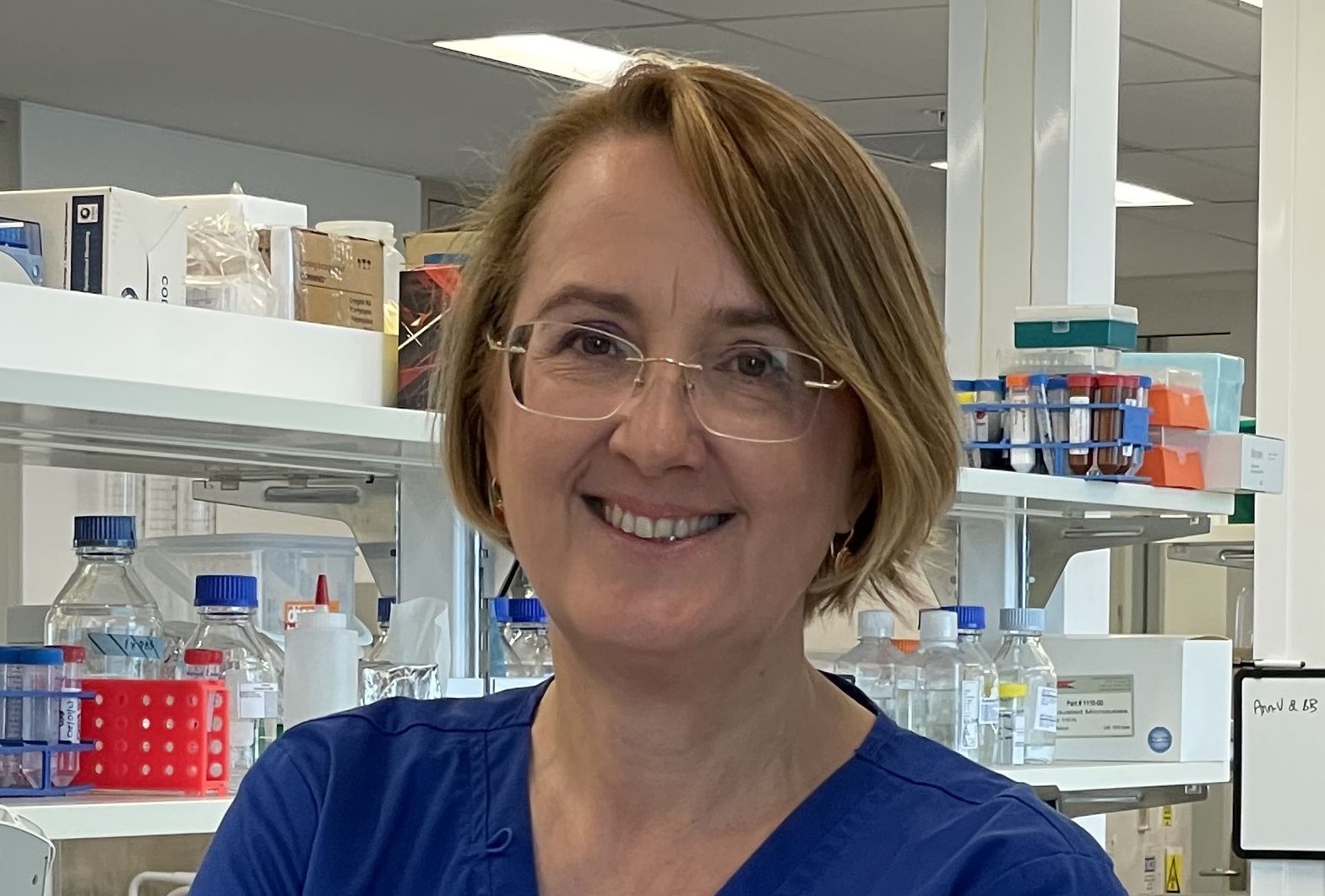
Securing recent funding will ensure that Professor Bogda Koczwara continues her life-saving work into improving cancer outcomes. We spoke with her about the importance of understanding cancer survivorship, and how her scientific career began due to an unlucky squirrel.
What is your role and what does your work focus on?
I’m a medical oncologist treating patients with breast cancer and I’m researching health concerns of cancer survivors – and given that breast cancer treatment now has excellent outcomes, these two fields align very well. My research is quite diverse. I analyse big data, develop patient interventions and conduct qualitative research. There’s never a dull moment.
What journey brought you to this point in your career?
My scientific career started (ahem) when my sister and I dissected a squirrel that was hit by a car many years ago. I grew up in a very rural part of Poland with lots of forests and lots of squirrels.
I emigrated to Australia after the Solidarity era, studied at Flinders University, moved to the US to learn oncology, and then returned to Adelaide, where I have focused on building up the clinical oncology capacity at the Flinders Medical Centre. I’ve only recently ventured more into research, so I’ve had quite a few stages in my career.
What is something you would like people to know about your role?
Many people do not know is that cancer survivorship is a prevalence game. There are about 1. 2million cancer survivors in Australia today. Many of them will live long and healthy lives. The key to addressing survivors needs is knowing how to recognise those survivors who may not and what to do about it.
What is something you love about your work?
As the saying goes, it’s the people, it’s the people, it’s the people!! My absolute favourite part of my job is seeing younger colleagues succeed and achieve their goals. It’s such an honour to be a small part of their journey, and it always makes my day to witness their success.
What is something you are most proud of?
In my professional life, I’ve been fortunate enough to be able to shine a light on the premature death of cancer survivors from cardiovascular disease. My next step will be to reverse these statistics.
What does a normal day look like for you?
Each day is a little different but it’s usually a mix of writing, reading, connecting with colleagues, brainstorming new ideas, talking to patients and constantly chasing the clock.
How do you like to relax or spend your spare time?
My favourite past time is running. That is when the clock disappears.

